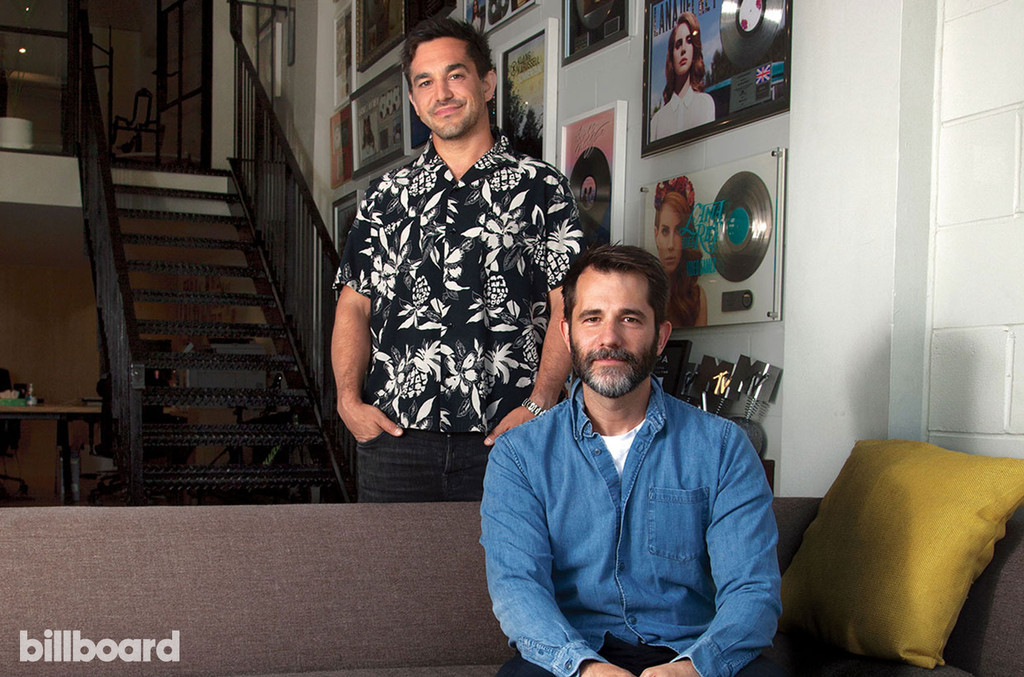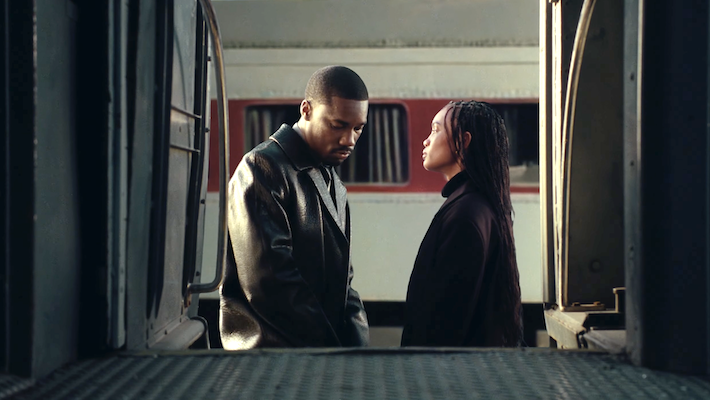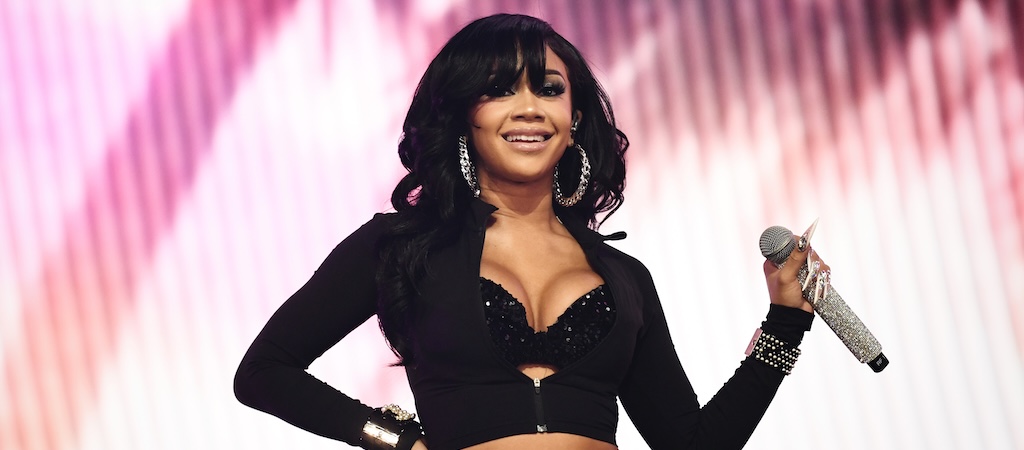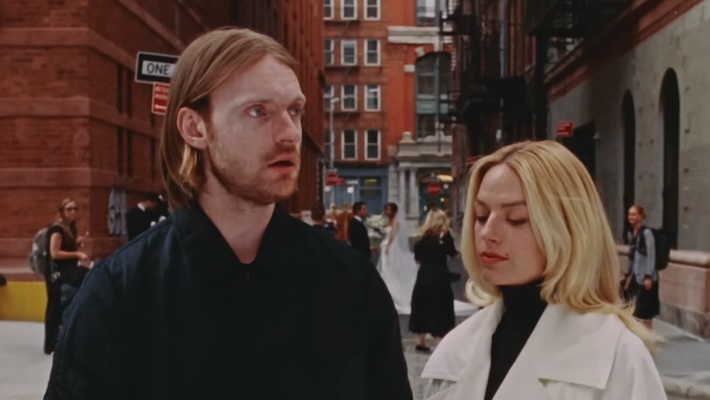TaP Music heads Ben Mawson and Ed Millett say they "have a strong belief in artists being in control of their own career and not giving away rights easily."
At the end of March, the TaP Music team gathered virtually — calling in from New York, Los Angeles, London and elsewhere — to celebrate the release of Dua Lipa’s highly anticipated second album, Future Nostalgia. The album debuted and peaked at No. 4 on the Billboard 200 (dated April 11) — and set an early precedent for how to successfully promote a project under a pandemic lockdown, including late-night performances in front of green screens and at-home photo shoots.
Two months later, on June 2 — when the industry honored #TheShowMustBePaused, an initiative to recognize and take action against police brutality following the murder of George Floyd — the team’s companywide Zoom had a far more somber tone.
Artist managers and TaP Music co-founders/co-CEOs Ben Mawson, 42, and Ed Millett, 41, held a meeting in which most of its writer and artist roster — which also includes Lana Del Rey, Ellie Goulding and Hailee Steinfeld — joined to discuss what they all could and should do, from making donations to formulating a longer-term plan. “It’s a listening process, initially,” says Mawson from TaP’s London office. “Our next step is to equip and empower our artists to campaign where it’s appropriate and where they want to.”
Blackout Tuesday held extra significance for Mawson, a native of Perth, Australia, who worked as a lawyer before he went into management. In 2000, he spent four months working in Columbia, S.C., with death penalty defense lawyers (while on break from legal training in the United Kingdom). “That gave me a sense of the deep-rooted problems with racial injustice in America and also the criminal justice system generally,” he says.
By the late 2000s, Mawson had become a music lawyer at the London firm SSB Solicitors and was starting to negotiate Lana Del Rey out of her contract with the New York independent label 5 Points Records, as well as helping with her management. “I started thinking I needed a co-manager,” he recalls. Around 2008, he met Millett, then at Connected Artists (managing The Kinks’ Ray Davies, among others), at the Great Escape festival in Brighton, England. By 2010, the pair launched TaP Music with Del Rey as its first client.
Within two years, Del Rey appeared as a musical guest on Saturday Night Live to promote her major-label debut, Born To Die, which peaked at No. 2 on the Billboard 200. “Lana really helped us crystallize what we wanted to do and how we wanted to approach artist development,” says Millett. “This was a time when a lot of 360 deals were starting to appear, so there was this tension of artists having to give up everything just to get a record deal. That was the kernel of [TaP] — both of us have a strong belief in artists being in control of their own career and not giving away rights easily.”
Even as TaP expands — in 2018 the company rebranded as TaP Music to better convey its scope as a global company that includes recording and publishing divisions — its emphasis on artist control remains. With 45 employees across offices in London, Los Angeles, Australia, Germany, New York, and soon to be France, Mawson assures that “the only thing we don’t want to do is become so big that we start to lose [our connectedness].”
“There are management companies out there that have a huge conglomerate of individuals, but there’s not much interplay or sharing of resources,” he adds. “We’re the right balance between big enough to be powerful and set up in enough countries to be properly global — but not so big that people don’t know who each other are.”
Ben, you started out as a lawyer. How does that help you negotiate on behalf of artists?
MAWSON: As much as I hated legal training, it really helps. You don’t have to be a lawyer to be a good negotiator or understand contract law, but I definitely think it’s a strength for us as a company. We get very good deals for our clients. If you ask label lawyers who they least like talking to on the deal negotiations, I think we’re going to be quite high up that list.
Both Lana Del Rey and Dua Lipa are signed to different labels in different regions, and some of your other artists have similar deals. Why is that?
MAWSON: We really believe in an international focus. With Lana, the first record deal we did for her was in Germany [with Vertigo]. There are lots of important territories, and they’re all unique: France is very different from Germany, Germany is very different from Australia, and then you’ve got emerging territories like India and China. For us, true success is global success. And one of the problems with a worldwide deal is that you get a team that’s invested in that home territory [where the artist signed] — but the more people that you can get directly involved in that signing, the better it is for the artist.
It can make for difficult politics, because people naturally want possession of their projects. I think we’ve done five or six direct deals with German labels just for that territory, because it’s an important one but it’s very specific. Having a team that’s signed an international artist directly, as opposed to having inherited them because you signed to their parent company in America or London, we believe leads to a different approach and level of commitment from that label. Lana is the first person we did that with, and she sold more than a million of her first album in Germany alone.
TaP Records formed as a joint venture with Universal Music Group, with TaP Publishing administered by Universal Music Publishing Group. What’s next for those businesses?
MAWSON: [We’re going to make] the record label and the publishing company as big and as successful as the management company. Me and Ed have always been so passionate about electronic music, so when we first made money from Lana, we signed two of our heroes — Chicago house pioneers Larry Heard and Robert Owens — as our first publishing clients. We’re now in the process of signing a lot more writers, both on the pop and the electronic front.
How do you know when new artists you’re starting to work with are ready to talk to labels?
MILLETT: It’s tricky to be a new artist now. It’s a four-year grind with 20 to 30 strategic releases, which all have to be done as efficiently as possible. If an artist signs to a label before they know who they are and they’ve got to build an audience, it can almost kill their career before it starts. It’s important with our team that [a new artist] can head into that system with both traction and confidence.
How do you develop new artists right now if they can’t perform live?
MAWSON: Certainly we can forget about intimate shows for media contacts. It’s going to be about coming out with a clever online strategy. Our digital team is more important than ever — we’ve got five people in-house and we’re always talking to new, outside entities about ways we can engage in the likes of TikTok at the moment. There’s a whole range of new social media that artists need to participate in as much as they can, within the realms of who they are, to help get them off the ground.
What do you tell your artists about using TikTok?
MAWSON: We try to encourage, gently. It’s very popular for a younger generation who are the audience for the artists, which is why it’s so important.
MILLETT: Any new artist coming through really has to be part of that.
Has it helped you discover new talent?
MILLETT: We have an artist in development who came from TikTok.
MAWSON: We actually have two. Georgia Twinn started off miming on TikTok when she was 16 and is now signed to Virgin Records in the U.K., but we also have another who is even more extraordinary in terms of numbers. Inoxia is a dancer and busker in Australia, managed out of our Sydney office. She was busking [Tones and I’s] “Dance Monkey” and it went viral. She’s got tons of label interest across the globe — she was flown to L.A. for a meeting. It’s a whole new breed of artists. Some artists have had run-ins with “cancel culture.”
What do you tell clients about how to talk to fans?
MAWSON: Our artists have their own voices and autonomy to post what they want on social media, but we do provide a support network if they want to talk about something complex or sensitive. I also think it’s important to recognize the mental health support they might need. Some of what goes on on social media is repulsive, and the bigger you get the harder it becomes… Dua has had a rapid rise on social media, and it has been tough at points for her to handle the trolls. Twitter is particularly brutal. Lana — it was a very different time pre-Instagram; it was blogs when she launched. And of course they’re all independent, opinionated, strong-willed individuals, but we give them that freedom and help where they need it.
This article originally appeared in the June 13, 2020 issue of Billboard.



